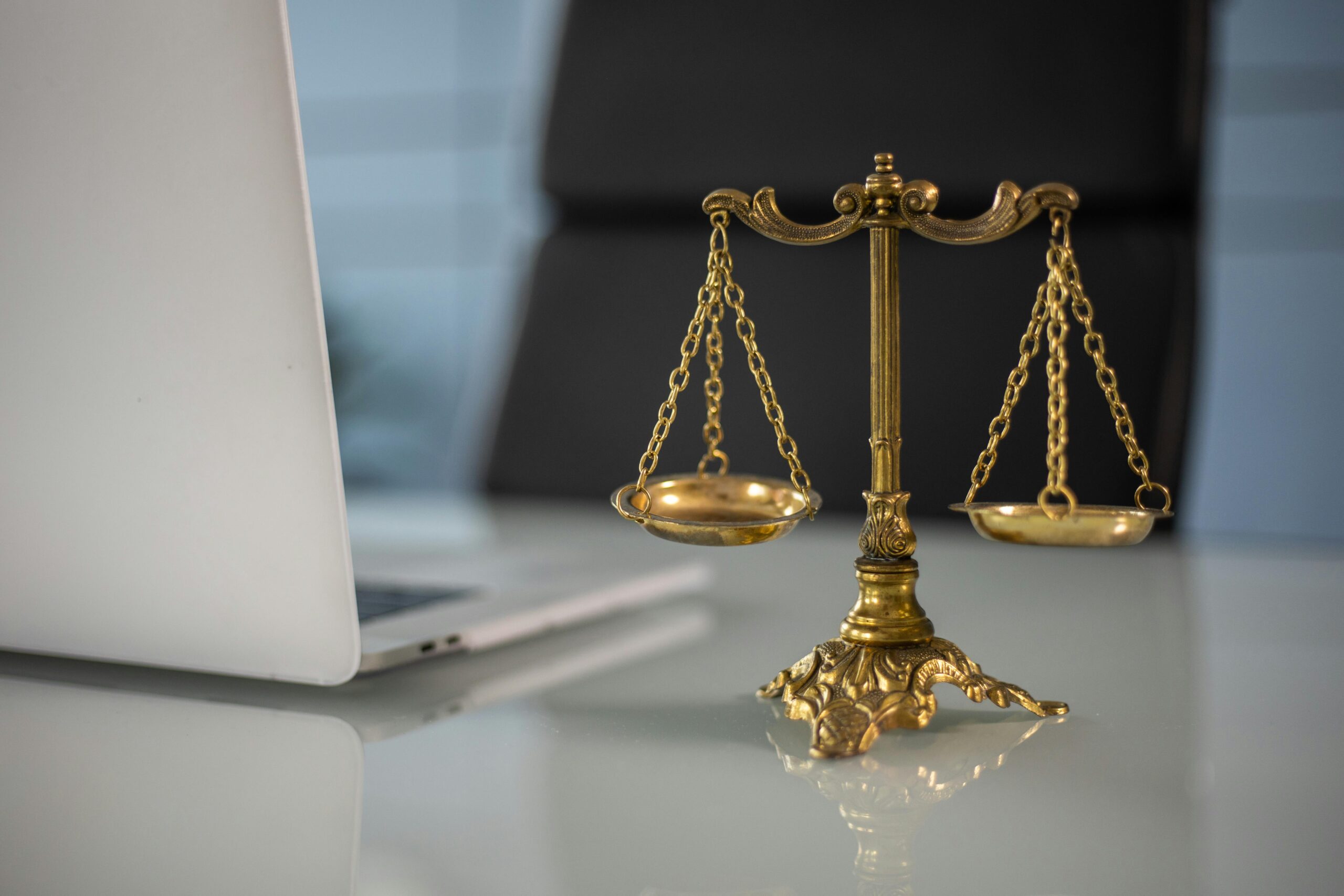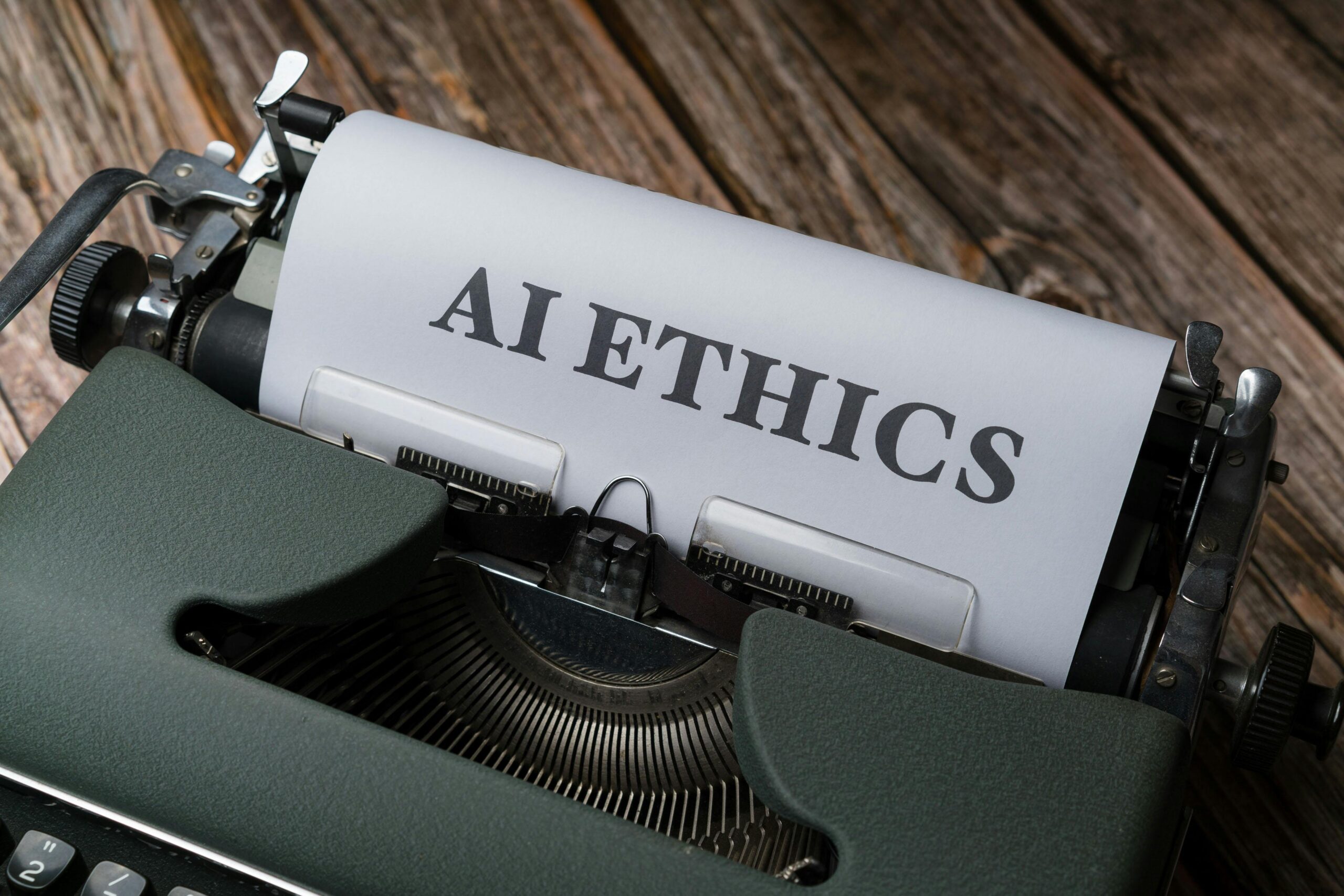Artificial intelligence is rapidly transforming how nations interpret, implement, and enforce international law, bringing unprecedented opportunities and ethical challenges to the global legal landscape.
🌐 The Intersection of AI and International Legal Frameworks
The integration of artificial intelligence into international law represents one of the most significant technological shifts in legal history. As nations grapple with cross-border disputes, humanitarian crises, and complex treaty obligations, AI systems offer promising solutions for analyzing vast amounts of legal data, predicting compliance patterns, and identifying potential violations before they escalate into international incidents.
International law has traditionally relied on human interpretation of treaties, conventions, and customary practices. However, the sheer volume of legal documents, case precedents, and diplomatic communications has grown exponentially. AI technologies, particularly machine learning algorithms and natural language processing systems, can now process millions of pages of legal text in seconds, identifying patterns and connections that might take human analysts years to uncover.
The United Nations, International Criminal Court, and various regional organizations have begun exploring AI applications for monitoring treaty compliance, detecting war crimes through satellite imagery analysis, and streamlining international dispute resolution processes. These developments signal a fundamental shift in how international justice mechanisms operate in the digital age.
Ethical Foundations: Building Trustworthy AI Systems
The deployment of AI in international law raises profound ethical questions that demand careful consideration. At the heart of these concerns lies the principle of fairness. Legal systems worldwide are built on the premise that justice must be impartial, transparent, and accessible to all parties. AI systems, however, can inadvertently perpetuate biases present in their training data or algorithmic design.
Several key ethical principles must guide the development of AI for international law compliance:
- Transparency: AI decision-making processes must be explainable and auditable by legal professionals and affected parties
- Accountability: Clear lines of responsibility must exist when AI systems make errors or produce unjust outcomes
- Non-discrimination: Algorithms must be rigorously tested to prevent bias against particular nations, ethnic groups, or political systems
- Human oversight: Critical legal decisions should never be fully automated without meaningful human review
- Privacy protection: AI systems must respect international data protection standards and sovereignty concerns
The European Union’s proposed AI Act and UNESCO’s Recommendation on the Ethics of AI provide frameworks for ensuring these principles are embedded in AI development from the outset. These initiatives recognize that ethical AI is not merely a technical challenge but a fundamental requirement for maintaining legitimacy in international legal processes.
⚖️ Transforming Treaty Monitoring and Compliance
One of the most promising applications of ethical AI lies in monitoring compliance with international treaties and agreements. Nations enter into thousands of bilateral and multilateral agreements covering everything from trade and environmental protection to human rights and nuclear non-proliferation. Verifying compliance with these diverse obligations has historically been resource-intensive and often reactive rather than preventive.
AI systems can revolutionize this process through continuous monitoring and early warning capabilities. Machine learning algorithms can analyze satellite imagery to detect unauthorized nuclear facilities, track deforestation in violation of climate agreements, or identify military buildups that breach arms control treaties. Natural language processing tools can scan government documents, media reports, and social media to identify potential human rights violations or discriminatory legislation.
The International Atomic Energy Agency has pioneered the use of AI for nuclear safeguards verification, employing computer vision systems to analyze facility surveillance footage and detect anomalies. Similarly, environmental organizations use AI to monitor compliance with the Paris Agreement by tracking emissions data from multiple sources and identifying discrepancies between reported and actual figures.
Enhancing International Criminal Justice
The prosecution of war crimes, crimes against humanity, and genocide requires sifting through enormous quantities of evidence from conflict zones. International tribunals and courts face the daunting task of processing witness testimony, documentary evidence, satellite imagery, and digital communications to build cases against perpetrators.
AI-powered evidence analysis tools can dramatically accelerate this process while improving accuracy. Machine learning systems can identify patterns in large datasets that might indicate systematic violence, match testimonies to corroborating evidence, and organize information in ways that strengthen legal arguments. Document classification algorithms can rapidly sort millions of captured documents, identifying those most relevant to specific charges.
The International Criminal Court has begun experimenting with AI tools for preliminary examinations and investigations. These systems help investigators prioritize cases, identify witnesses, and construct timelines of alleged crimes. However, ethical safeguards ensure that human prosecutors make all final decisions about charges and evidence presentation.
🤖 Algorithmic Diplomacy and Dispute Resolution
International disputes between nations traditionally require lengthy diplomatic negotiations or formal arbitration proceedings. AI systems are beginning to play a role in facilitating these processes, offering neutral analysis of legal positions and suggesting compromise solutions based on precedent and international norms.
Predictive analytics can assess the likely outcomes of disputes based on historical data from similar cases, helping parties understand their negotiating positions more clearly. AI mediation platforms can identify common ground between conflicting parties and propose mutually acceptable solutions drawn from successful past resolutions.
The Permanent Court of Arbitration and several regional arbitration centers have explored AI-assisted case management systems that streamline procedural matters, allowing arbitrators to focus on substantive legal issues. These systems can automatically schedule hearings, manage document submissions, and ensure compliance with procedural rules.
However, critics warn against over-reliance on algorithmic solutions in sensitive diplomatic contexts. Cultural nuances, political considerations, and the human element of negotiation cannot be fully captured by even the most sophisticated AI systems. The most effective approach combines AI analytical capabilities with experienced human diplomats who understand the broader context of international relations.
Data Governance and Sovereignty Challenges
Implementing AI systems for international law compliance raises complex questions about data governance and national sovereignty. AI algorithms require vast amounts of data for training and operation, but this data often involves sensitive information about national security, internal governance, and citizen privacy.
Different nations have divergent approaches to data protection and surveillance, reflecting varying cultural values and political systems. The European Union’s General Data Protection Regulation emphasizes individual privacy rights, while other jurisdictions prioritize collective security or economic development. Creating AI systems that respect these diverse frameworks while maintaining effectiveness across borders presents significant technical and political challenges.
International data-sharing agreements must balance the need for transparency in treaty compliance with legitimate sovereignty concerns. No nation wants to grant foreign entities or international organizations unrestricted access to internal data, yet effective compliance monitoring requires some level of information sharing. Blockchain-based systems and federated learning approaches offer potential solutions by enabling verification without full data disclosure.
🔍 Bias Detection and Algorithmic Fairness
Perhaps the most critical ethical challenge in deploying AI for international law lies in ensuring algorithmic fairness across diverse global contexts. AI systems trained primarily on data from Western legal systems may not perform well when applied to other legal traditions, potentially perpetuating historical power imbalances in international relations.
Research has demonstrated that facial recognition systems, often used in human rights investigations, show significantly higher error rates for individuals with darker skin tones. Natural language processing systems may struggle with non-European languages or fail to recognize cultural context in communication styles. These technical limitations can have serious justice implications when AI tools inform legal decisions.
Addressing these biases requires intentional efforts throughout the AI development lifecycle. Training datasets must include diverse representation from different regions, legal traditions, and cultural contexts. Algorithm designers must collaborate with international legal experts, ethicists, and affected communities to identify potential blind spots. Regular auditing and testing must verify that systems perform equitably across all populations they serve.
Several initiatives are working to create more inclusive AI for international law. The Global Partnership on AI has established working groups focused on responsible AI development across different cultural contexts. Universities and research institutions are building more diverse legal datasets and developing fairness metrics appropriate for international applications.
Human Rights Protection in the AI Era
The use of AI in international law compliance must itself comply with international human rights standards. Systems designed to detect violations must not become tools of oppression or surveillance that undermine the very rights they aim to protect. This tension is particularly acute when AI tools are used to monitor compliance with human rights treaties.
Authoritarian governments have sometimes exploited technology intended for legitimate compliance monitoring to suppress dissent or persecute minorities. International organizations must implement robust safeguards to prevent misuse of AI tools while still enabling effective human rights protection. This requires careful consideration of who has access to AI systems, how they can be used, and what oversight mechanisms prevent abuse.
Privacy-preserving AI techniques offer promising approaches to this dilemma. Differential privacy methods allow analysis of population-level patterns while protecting individual identities. Secure multi-party computation enables verification of compliance without revealing sensitive details. These technologies can help international bodies monitor human rights situations without compromising individual security.
📊 Building International AI Governance Frameworks
The rapid advancement of AI technology has outpaced the development of international governance frameworks. Unlike nuclear technology or chemical weapons, which were regulated through international treaties relatively early in their development, AI has proliferated widely before comprehensive international standards emerged.
Several multilateral efforts are working to address this governance gap. The United Nations has convened expert groups to develop principles for military AI applications and autonomous weapons systems. The Organisation for Economic Co-operation and Development has published AI principles endorsed by over 40 countries. Regional organizations like the Council of Europe are drafting binding conventions on AI and human rights.
However, achieving consensus on AI governance remains challenging. Major AI-developing nations have different strategic interests and philosophical approaches to regulation. Some favor industry self-regulation and innovation-friendly policies, while others advocate for stricter government oversight and precautionary principles. Bridging these divides requires ongoing diplomatic engagement and willingness to compromise on contentious issues.
Effective international AI governance must be flexible enough to accommodate rapid technological change while providing sufficient clarity to guide development and deployment decisions. Principles-based approaches that focus on outcomes rather than specific technologies may offer the best path forward.
Capacity Building and Technology Transfer
For AI to advance justice in international law fairly, developing nations must have access to these technologies and the expertise to use them effectively. Currently, AI capabilities are concentrated in a handful of wealthy nations and corporations, creating new forms of technological dependency and potential inequality in international legal processes.
International development programs must prioritize AI capacity building, helping nations develop indigenous expertise rather than simply importing foreign technologies. This includes training legal professionals in AI literacy, supporting local AI research and development, and facilitating technology transfer on fair terms. Open-source AI tools and collaborative development models can democratize access to beneficial technologies.
Regional organizations and South-South cooperation initiatives offer promising models for technology sharing among developing nations. By pooling resources and expertise, countries can collectively develop AI capabilities suited to their specific legal traditions and compliance challenges. International organizations should support these efforts through funding, technical assistance, and knowledge exchange platforms.
🌟 The Path Forward: Integrating Ethics into Practice
Realizing the potential of ethical AI for international law compliance requires moving beyond abstract principles to concrete implementation. This means developing technical standards, professional guidelines, and institutional mechanisms that embed ethical considerations into every stage of AI development and deployment.
Legal education must evolve to prepare the next generation of international lawyers for an AI-augmented practice environment. Law schools should integrate AI literacy into curricula, teaching students how to work effectively with AI tools while maintaining critical judgment and ethical awareness. Continuing professional education programs should help practicing lawyers understand AI capabilities and limitations.
International legal institutions must establish dedicated units focused on AI ethics and governance. These teams should include technologists, ethicists, legal experts, and representatives from diverse global regions. Their mandate should encompass policy development, technology assessment, and ongoing monitoring of AI applications to ensure they serve justice rather than undermine it.
Public engagement is equally essential. Civil society organizations, affected communities, and individual citizens should have meaningful input into how AI is used in international law. Transparency about AI applications, accessible complaint mechanisms, and regular public reporting can help build trust and accountability.
Measuring Success: Accountability Metrics for AI Justice
How can the international community assess whether AI systems are truly advancing justice rather than simply automating existing processes? Developing appropriate metrics and evaluation frameworks is crucial for ensuring AI serves its intended purpose.
Success metrics should go beyond technical performance measures like accuracy or processing speed to encompass justice outcomes. Are AI tools helping resolve disputes more fairly? Do they enable earlier detection of treaty violations? Are they accessible to all parties regardless of resources? Do they reduce bias in international legal processes?
Regular impact assessments should evaluate both intended and unintended consequences of AI deployment. These assessments must consider effects on different stakeholders, including powerful nations, developing countries, civil society organizations, and individuals affected by international legal processes. Independent evaluation by researchers and civil society can provide critical perspectives that internal reviews might miss.
Learning from failures is as important as celebrating successes. When AI systems produce unjust outcomes or fail to perform as expected, transparent investigation and public reporting can help the international community improve future implementations. A culture that acknowledges limitations and continuously seeks improvement is essential for ethical AI development.

🔮 Future Horizons: Emerging Technologies and Evolving Challenges
The AI technologies transforming international law today will themselves be superseded by more advanced systems. Quantum computing, neuromorphic processors, and artificial general intelligence may fundamentally alter what is possible in legal analysis and compliance monitoring. The ethical frameworks we build today must be sufficiently robust and adaptable to guide these future developments.
Emerging applications like AI-generated legal arguments, autonomous treaty negotiation systems, and predictive justice algorithms will raise new ethical questions. The international community must stay ahead of technological developments, engaging in proactive ethical reflection rather than reactive crisis management.
Interdisciplinary collaboration will be increasingly important as AI in international law intersects with other emerging technologies like biotechnology, nanotechnology, and space exploration. Each of these domains raises unique legal questions that may benefit from AI analysis while requiring specialized ethical consideration.
The vision of ethical AI advancing international law compliance is achievable, but it requires sustained commitment from governments, international organizations, technology developers, and civil society. By prioritizing justice, fairness, and human rights alongside technological innovation, the international community can harness AI’s power to build a more peaceful and equitable world order. The decisions made today about AI governance and ethics will shape international relations for generations to come, making this moment both a tremendous responsibility and an extraordinary opportunity for advancing global justice.
Toni Santos is a global-policy researcher and ethical-innovation writer exploring how business, society and governance interconnect in the age of interdependence. Through his studies on corporate responsibility, fair trade economics and social impact strategies, Toni examines how equitable systems emerge from design, policy and shared vision. Passionate about systemic change, impact-driven leadership and transformative policy, Toni focuses on how global cooperation and meaningful economy can shift the scenario of globalization toward fairness and purpose. His work highlights the intersection of economics, ethics and innovation — guiding readers toward building structures that serve people and planet. Blending policy design, social strategy and ethical economy, Toni writes about the architecture of global systems — helping readers understand how responsibility, trade and impact intertwine in the world they inhabit. His work is a tribute to: The global commitment to equity, justice and shared prosperity The architecture of policy, business and social impact in a connected world The vision of globalization as cooperative, human-centred and regenerative Whether you are a strategist, policymaker or global thinker, Toni Santos invites you to explore ethical globalization — one policy, one model, one impact at a time.




